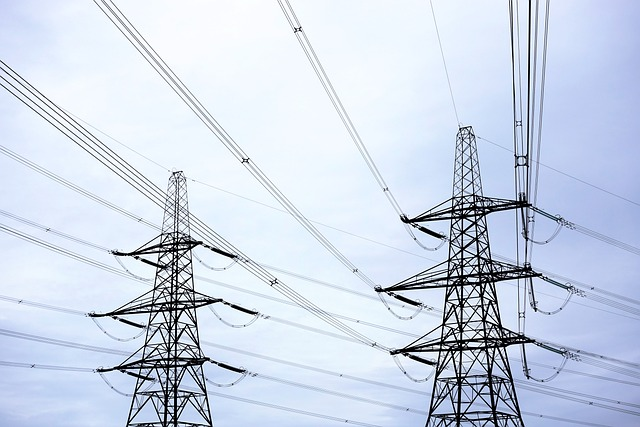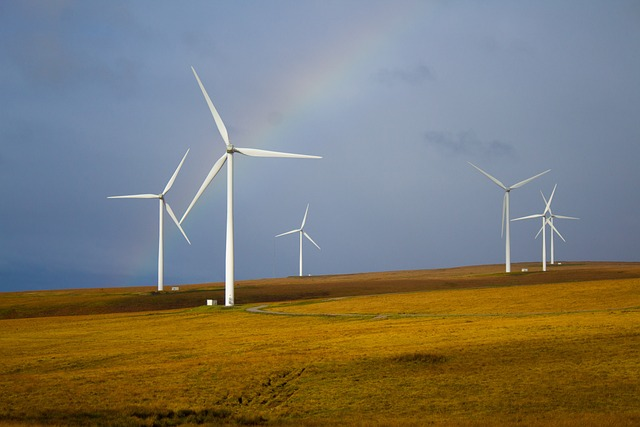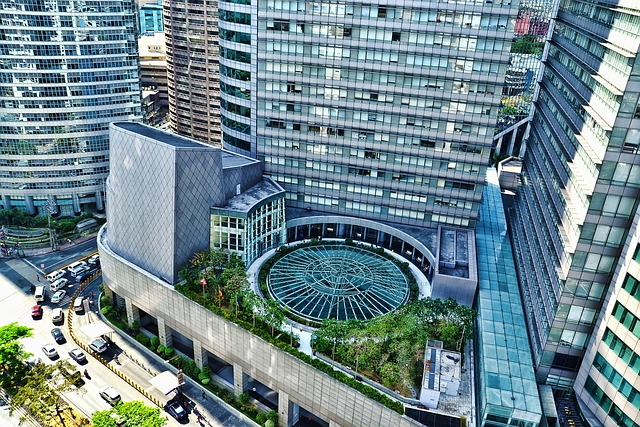Electricity, often taken for granted in developed countries, remains a precious commodity in many third world countries, some of which without access to electricity. Its importance cannot be overstated, as it serves as a catalyst for economic improvement, basic services, social progress, and improved quality of life. In regions where access to electricity is limited or non-existent, its introduction can spark a transformative journey toward a brighter future.
Government Initiatives on Expanding Access to Electricity in the Country
In the Philippines, the government has been actively pursuing initiatives to expand electricity access and widen the electricity grid particularly in remote and underserved areas. This effort is not only aimed at enhancing the living standards of its citizens but also at boosting economic development, improving healthcare, and promoting education.
It enhances our daily lives in numerous ways. It provides lighting after sunset, increasing safety and security. It allows for refrigeration of food, reducing food spoilage and the risk of foodborne illnesses. It enables the use of electric cooking appliances, making meal preparation that are more efficient and environmentally friendly. Additionally, it powers communication devices, connecting people to the world and facilitating social interactions.

Power Sector Reforms
The Philippine government has embarked on a journey of comprehensive power sector reforms to improve the accessibility of electricity. The key driver of these reforms is the recognition that electricity is a crucial enabler of economic development. These reforms encompass policy changes, regulatory improvements, and investments in infrastructure, all aimed at creating a conducive environment more opportunities for both public and private sector participation in the electrification program.
One of the major initiatives and project in the power sector is the implementation of the “Electricity Market Framework.” This framework aims to enhance the efficiency and competitiveness of the electricity market against developing countries like Washington DC in the U.S. by introducing fair competition among power producers and lowering costs for consumers. It fosters a more sustainable electricity sector, which is crucial for long-term development.

Renewable Energy Integration
The Philippines is also placing a strong emphasis on renewable energy sources to expand access to electricity while minimizing its carbon footprint. The country, located in a region prone to extreme weather events and highly dependent on imported fossil fuels, recognizes the importance of diversifying its energy sources for energy security and sustainability.
Solar and wind energy projects have been at the forefront of these efforts. The Philippine government, in collaboration with various stakeholders, has undertaken numerous projects to harness the power of the sun and wind providing power there. Solar home systems and small-scale wind turbines are being deployed in off-grid areas, bringing electricity to communities that were previously in the dark.
Furthermore, the Philippine government has provided incentives for private sector investment in renewable energy projects. These incentives include tax breaks, feed-in tariffs, and simplified permitting processes. This approach not only contributes to expanding electricity access but also attracts investors, fostering economic growth and job creation.
Rural Electrification and Involvement of Local Government Unit
Rural electrification remains a priority for the Philippine government. Recognizing that a significant portion of the population live in rural households, the government has been working closely with local government units (LGUs), development bank, and electric cooperative, and other sectors, to implement electrification programs tailored to the specific needs of each region.
Local government units are encouraged to invest in their own electrification projects, and the national government provides technical and financial support to help make these initiatives viable. This collaborative approach ensures that electrification efforts are well-coordinated and adapted to the unique challenges of rural areas.

Impact on Socio-Economic Growth
Expanding access to electricity has a profound impact on socio-economic growth in the Philippines. Here are some of the notable benefits:
Improved Education: Access to electricity enhances educational opportunities. It allows students to study after dark and access online resources, leading to improved educational outcomes.
Enhanced Healthcare: Electricity is vital for healthcare facilities. It powers medical equipment, refrigeration for vaccines, and lighting for surgeries, improving the provision and quality of healthcare services in both urban and rural areas.
Economic Viability: Rural electrification opens up opportunities for small businesses, allowing additional income, boosting economic development in these regions. It allows for the operation of small-scale industries, leading to increased household income and job creation.
Low-Carbon Future: The shift towards renewable energy sources contributes to a low-carbon future, aligning with global efforts to combat climate change. This sustainable development approach safeguards the environment for future generations.
Poverty Alleviation: Providing electricity to poor households empowers them to engage in income-generating activities. It can significantly impact and sustain the livelihoods of those living below the poverty line.
The World Bank’s Role
The World Bank has been a key partner in supporting the Philippine government’s initiatives to expand electricity access. Through various investment programs and technical assistance, the World Bank has helped in the development of electrification projects in the Philippines. These projects not only aim to provide power to off-grid areas but also focus on ensuring the economic viability and sustainability of operations.

Investors and Private Sector Participation
The private sector plays a crucial role in expanding access to electricity in the Philippines. Private investors are encouraged to invest in power generation projects, particularly in renewable energy sources. The government provides incentives, subsidies, and a conducive regulatory environment to attract investors.
Access to clean energy and electricity is a fundamental driver of economic growth and sustainable growth. The Philippine government’s initiatives to expand electricity access, through reforms, renewable energy integration, rural electrification, and collaboration with local government units, are making significant strides towards ensuring that even the remotest areas have access to clean and reliable electricity.
These efforts not only bring light to households but also illuminate the path towards socio-economic growth, improved healthcare, better education, and a more sustainable future for the Philippines. With the support of organizations like the World Bank and the active participation of the private sector, the Philippines is well on its way to realizing the vision of a fully electrified nation, where every citizen benefits from the power of progress.

Check out our House and Lot for Sale Properties
Discover our house and lot for sale properties in the Philippines


